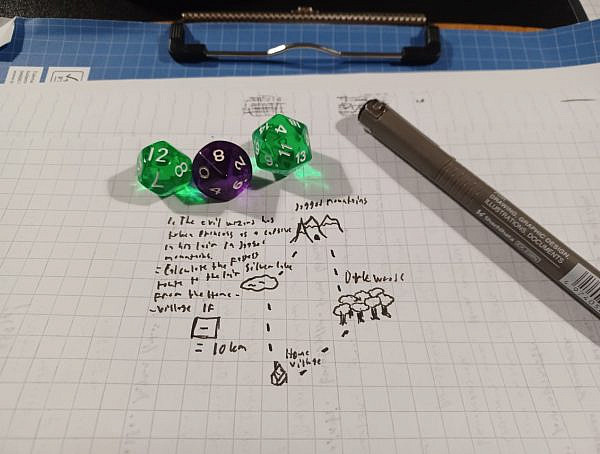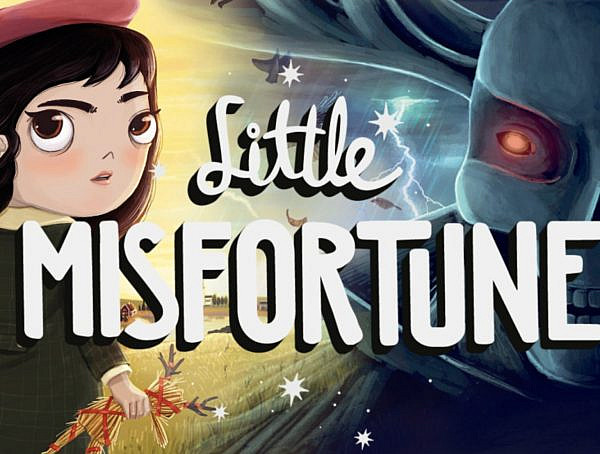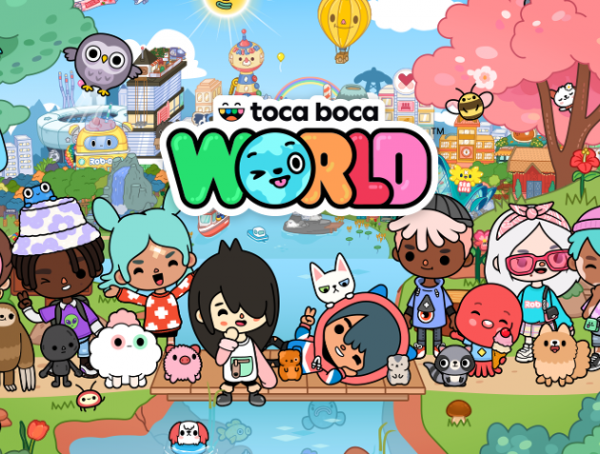Video games with a narrative focus are becoming more popular amongst gamers and game developers. This means that there is a larger demand for narrative designers, but so far most of the narrative designers are self-taught since many of the educational programmes do not offer a course for narrative design. However, establishing interactive narrative design as a discipline is not impossible.
In their article, Hartmut Koenitz, Christian Roth, and Teun Dubbelman (2021) investigate the possibilities of teaching interactive narrative design. Currently, most of the game design degree programmes include only the technical aspects of game design, which means that most of the interactive narrative designers are self-taught. The most important quality of a narrative designer is to understand the importance of characters and the conflicts they may face, and how those conflicts tie into the narrative sensibly.
The approach of Koenitz, Roth, and Dubbelman was implemented as an educational program in the form of a minor in interactive narrative design at the University of the Arts Utrecht, and the overall course was divided into two periods that both lasted ten weeks, ending in a project presentation. The main learning goal of the first project, which was called Express Yourself and in which the students worked in pairs, was for the students to acquire an understanding of interactive digital narrative design, as well as how to implement it in its most basic form. In the second project, called Present Yourself, the students worked in teams to create a pitch to an external committee, which included creating a digital prototype. The main learning goal for the second project was for the students to apply the skills they had learned in a context that was relevant to their future plans and goals.
In the first weeks, the students were introduced to a variety of narrative works and taught the basic terminology. The students got to play Virtual Reality (VR) and Alternate Reality (AR) games as well as other games and interactive documentaries. The students were given questions to reflect on during these experiences, for example, if they could recognize certain design implementations. The students were also taking part in Labs, that included various subjects regarding interactive narrative design.
The first project started off with students choosing an already existing story, that was somehow important to them. The story could be anything from books and movies to historical events or something that had happened to them in real life. This story would then be turned into a personal interactive narrative experience. The students created various differing projects, from interactive documentaries about nuclear energy to a game where the interactor became a censor in an Orwellian world.
The second project had the students question their position as interactive narrative designers in the industry. The point was for the students to understand how to be a good designer, and how to create opportunities for a profession that is not yet widely known or even understood. They would also need to understand the application methods for interactive narrative design, and how to sell their ideas and capabilities. Again, the projects were vastly different and ranged from an interactive movie about stress to a VR experience about hacking computers.
In the end, this educational effort by Koenitz, Roth, and Dubbelman is a great first step towards the direction of establishing interactive narrative design as a disciple.
—
Main Article: Hartmut Koenitz, Christian Roth & Teun Dubbelman. “Educating Interactive Narrative Designers: Cornerstones of a Program” Transactions of the Digital Games Research Association, November 2021, Vol. 5 No 3: 117-145. Available at http://todigra.org/index.php/todigra/article/view/125
Pictures Used:
https://pixabay.com/illustrations/storytelling-fantasy-imagination-4203628/
https://pixabay.com/photos/type-typewriter-font-writing-1161949/
You might also like
More from Game Research Highlights
How do you want to do this? – A look into the therapeutic uses of role-playing games
Can playing RPGs contribute positively to your wellbeing? A recent study aims to find out how RPGs are being used …
Eldritch horrors and tentacles – Defining what “Lovecraftian” is in games
H.P. Lovecrafts legacy lives today in the shared world of Cthulhu Mythos and its iconic monsters. Prema Arasu defines the …
Are Souls Games the Contemporary Myths?
Dom Ford’s Approaching FromSoftware’s Souls Games as Myth reveals the Souls series as a modern mythology where gods fall, desires …
















